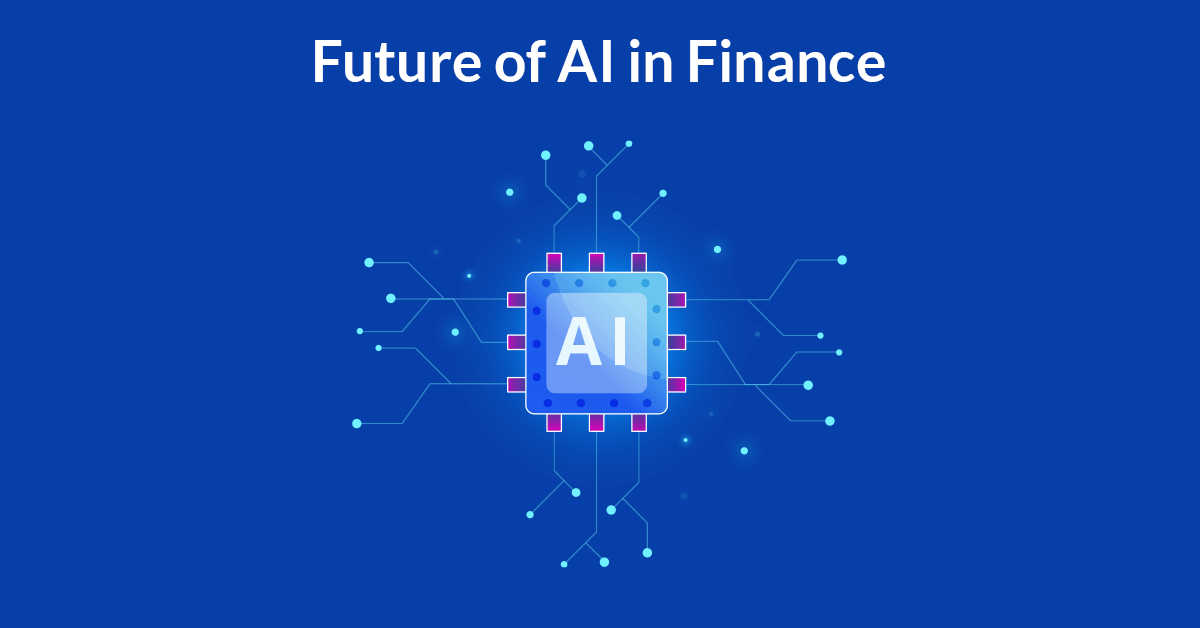The financial sector has always been at the forefront of adopting technology to enhance its operations, provide better customer service, and increase profitability. In recent years, Artificial Intelligence (AI) has emerged as a critical technological innovation driving transformations in finance. This article delves into the depths of how AI is revolutionizing the financial sector, its potential benefits, challenges, and future outlook.

1. Introduction: The AI and Finance Nexus
AI, defined as machines’ ability to perform tasks that traditionally required human intelligence, is now at the heart of many financial processes. From risk assessment to customer service, from trading strategies to fraud detection, AI has its digital fingers in a multitude of financial pies.
2. The Many Applications of AI in Finance
a. Algorithmic Trading
Before AI, trading decisions were driven by human intuition backed by data analysis. Today, sophisticated algorithms, which use machine learning and neural networks, analyze vast datasets in real-time to make split-second trading decisions. These algorithms can spot patterns, trends, and anomalies that are virtually invisible to human traders, leading to potentially higher returns.
b. Personalized Banking and Robo-Advisors
Banks and financial institutions are leveraging AI to offer personalized services to their clients. Robo-advisors, for example, use algorithms to provide personalized investment advice and portfolio management, often at a fraction of the cost of human financial advisors.
c. Fraud Detection and Risk Management
Using machine learning, financial institutions can identify unusual patterns and anomalies in transaction data, helping to detect fraudulent activities with greater accuracy. Similarly, AI-driven risk assessment tools can predict loan default probabilities by analyzing a borrower’s financial history alongside a myriad of other data points.
d. Chatbots and Customer Service
AI-driven chatbots are now a staple in many banks, assisting customers 24/7, answering queries, and even helping with transactions. These chatbots enhance user experience and significantly reduce the need for human intervention in basic customer service tasks.

3. The Advantages of AI in Finance
a. Efficiency and Accuracy
One of the primary benefits of AI is its ability to handle vast amounts of data quickly and accurately. This leads to faster decision-making processes, whether it’s approving a loan or executing a trade.
b. Cost Reduction
By automating various financial processes, institutions can significantly reduce operational costs. For instance, robo-advisors are typically cheaper than their human counterparts, making wealth management accessible to a larger population.
c. Enhanced Customer Experience
With AI’s predictive analysis, financial firms can understand individual customer needs better, offering tailored products and services, leading to increased customer satisfaction and loyalty.

4. Challenges and Concerns
a. Job Displacements
As with any automation wave, there’s a genuine concern that AI will replace many roles in finance. While robo-advisors might make financial advice more accessible, they might also render several financial advisory roles redundant.
b. Data Privacy
AI’s effectiveness in finance hinges on data. With increasing amounts of personal data being processed, there are genuine concerns about data security, privacy, and potential misuse.
c. Algorithmic Biases
Machine learning models are only as good as the data they’re trained on. If this data contains biases, the AI system might make decisions that perpetuate these biases, leading to unfair or discriminatory outcomes.

5. The Future of AI in Finance
The trajectory suggests a growing symbiosis between AI and finance. We can expect:
a. Hyper-personalization
As AI systems become more sophisticated, financial products and services will be tailored to individual preferences and financial behaviors on an unprecedented scale.
b. Expansion of AI in Underdeveloped Markets
Emerging markets, with their vast unbanked populations, present a golden opportunity. AI can drive financial inclusion by offering tailored financial products to individuals without traditional banking access.
c. Evolution of Regulatory Frameworks
As AI’s role in finance grows, regulators will need to evolve frameworks to ensure the ethical and transparent use of AI in financial decisions.
6. Conclusion
AI’s integration into finance is undeniable and transformative. While the benefits are numerous, it’s crucial to navigate the challenges with foresight. By striking a balance between technological innovation and ethical considerations, the financial sector can harness AI’s full potential to drive growth, efficiency, and innovation. As we stand at this intersection of technology and finance, it’s exciting to envision a future where AI not only augments financial processes but reshapes the very fabric of the financial industry.




